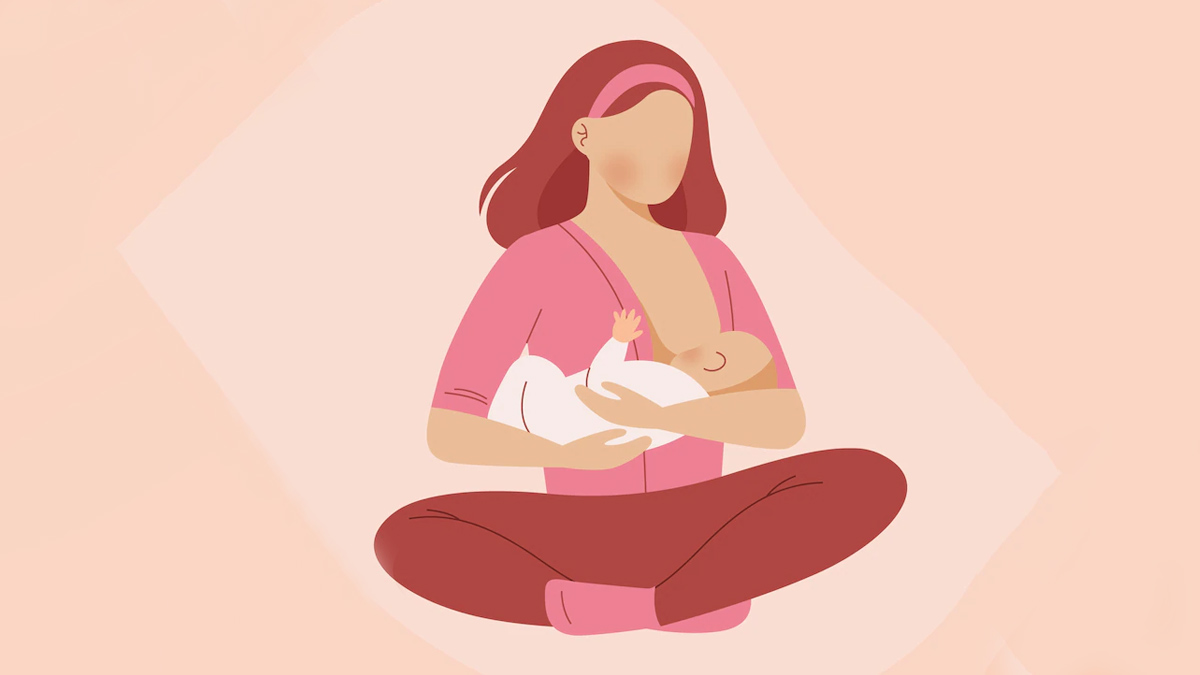
Breastfeeding is an imperative practice, it strengthens the bond between a mother and her baby in addition to supplying nutrients to the child. If you are a new mother or a mom-to-be, you must have heard a lot about breastfeeding and its multiple health benefits for the newborn. However, along with the advantages, a lot of myths too might have come your way.
So, we spoke to our expert, Dr. Seema Sharma, Associate Director – Department of Gynecology and Obstetrics, Cloudnine Group of Hospitals, Chandigarh,and asked her to debunk some of the most common myths about breastfeeding.
The expert said, "Couples can have intercourse four to six weeks following childbirth. Following caesarean or vaginal birth, women suffer from pain in the lower abdomen and that's one reason why they might be reluctant to indulge in sexual activity. Vaginal bleeding continues for weeks followed by brownish or whitish discharge, so medically it is advised to avoid sexual intercourse immediately postpartum to avoid risk of infection. However, there is nothing against sexual intercourse when mothers are breastfeeding."

One of the most common myths about breastfeeding is that the amount of milk is less in quantity. This myth is usually propagated by elders in the family. However, the truth is that the breastfeeding milk secreted by the maternal breast only during the initial three days is less in quantity. This milk is energy dense and meant to meet the caloric needs of the new born baby as the size of the stomach is very small. This milk, during the first three days is called colostrum.
Don't Miss: 5 Common Problems Breastfeeding Mothers Have To Face
From day four, the volume of the milk increases and it is sufficient to fulfill the baby's demands. In 99% of mothers, there is no issue with the quantity of the milk being secreted. If your baby is able to sleep and produce enough urine, then you should not worry about the amount of breastmilk.

Another common myth around breastfeeding (breastfeeding tips for working mothers)is that when mothers are feeling unwell, because of mild fever or viral illness, they should stop feeding their baby. This myth is also scientifically not true because breast milk has so many antibodies that give the baby passive immunity against innumerable infections. There are a few conditions where a breastfeeding mother is asked to stop breastfeeding. Most of the conditions are not related to maternal fever or mild illnesses. It only happens when the mother is on medications that are unsafe for the baby.
Don't Miss: Breastfeeding Moms: 6 Low-Impact Exercises For You To Stay Fit
Breastfeeding mothers can have a regular diet. This is a prevalent myth around breastfeeding. Many think that mothers who are nursing their baby should consume a restrictive diet but that's not the case. Breastfeeding mothers can have food that anyone in the family is eating. We recommend breastfeeding mothers to have a balanced diet. Spicy, oily, and junk foods are unhealthy for everyone.
Also watch this video
Herzindagi video
Our aim is to provide accurate, safe and expert verified information through our articles and social media handles. The remedies, advice and tips mentioned here are for general information only. Please consult your expert before trying any kind of health, beauty, life hacks or astrology related tips. For any feedback or complaint, contact us at [email protected].